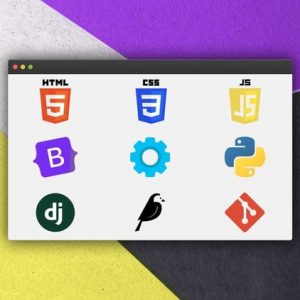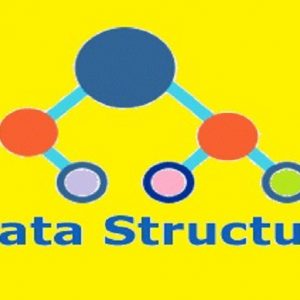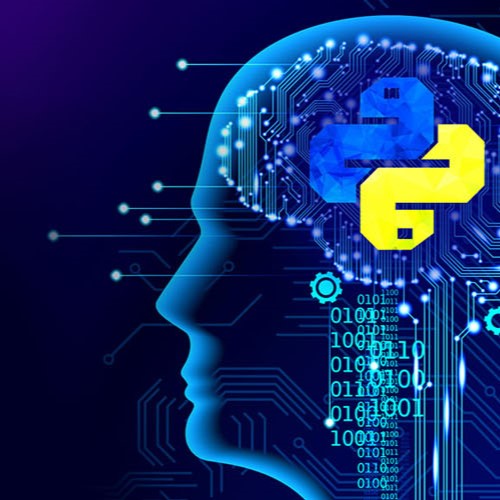Description
Key Topics Covered:
- Introduction to Computer Science Concepts
- Basic principles of computer science, including algorithms, data structures, and problem-solving.
- Understanding how computers work and the role of programming in solving computational problems.
- Python Programming Basics
- Introduction to Python, a beginner-friendly programming language.
- Key concepts such as variables, data types, operators, and control structures (if statements, loops).
- Writing and running basic Python programs.
- Functions and Recursion
- Understanding how to define and use functions in Python.
- The concept of recursion and how it is used to solve problems by breaking them down into smaller subproblems.
- Data Structures and Algorithms
- Introduction to fundamental data structures, including lists, dictionaries, tuples, and sets.
- Basic algorithms for sorting, searching, and processing data.
- Object-Oriented Programming (OOP)
- Introduction to object-oriented programming concepts, including classes, objects, inheritance, and polymorphism.
- Understanding how to structure programs using OOP principles for cleaner, reusable code.
- File Handling
- Reading from and writing to files using Python.
- Working with text files and managing data input/output efficiently.
- Debugging and Problem Solving
- Techniques for troubleshooting and debugging Python programs.
- Approaches to breaking down complex problems into manageable steps to find solutions.
- Computational Thinking
- Applying computational thinking strategies to solve problems logically and efficiently.
- Emphasizing abstraction, pattern recognition, decomposition, and algorithm design.
- Basic Web Programming and APIs
- Introduction to web programming concepts, including web servers, HTML, and interacting with web APIs using Python.
- Learning to fetch data from web APIs and process it within Python programs.
- Introduction to Computational Complexity
- Basic concepts of computational complexity and big-O notation to understand the efficiency of algorithms.
Course Objectives:
- Understand Computer Science Fundamentals: Gain a broad understanding of core computer science concepts such as algorithms, data structures, and problem-solving techniques.
- Learn Python Programming: Master the Python programming language, focusing on the basics and how to apply it to write programs and solve problems.
- Master Basic Algorithms and Data Structures: Learn how to organize and manipulate data effectively using Python, as well as applying basic algorithms for sorting and searching.
- Develop Problem-Solving Skills: Build the ability to break down complex problems into smaller, more manageable parts and solve them using code.
- Understand Object-Oriented Programming (OOP): Learn the principles of OOP and how to design software systems using classes and objects for more structured and maintainable code.
- Learn File Handling: Develop the skills to interact with files, reading from and writing to them in Python for data storage and retrieval.
- Apply Computational Thinking: Develop logical thinking skills and computational approaches to solve real-world problems efficiently and effectively.
- Get Started with Web Programming: Learn the basics of interacting with web data, including working with APIs and understanding basic web programming principles.
- Evaluate Algorithm Efficiency: Understand how to evaluate the efficiency of algorithms and programs, learning to optimize code performance using big-O notation.






Reviews
There are no reviews yet.